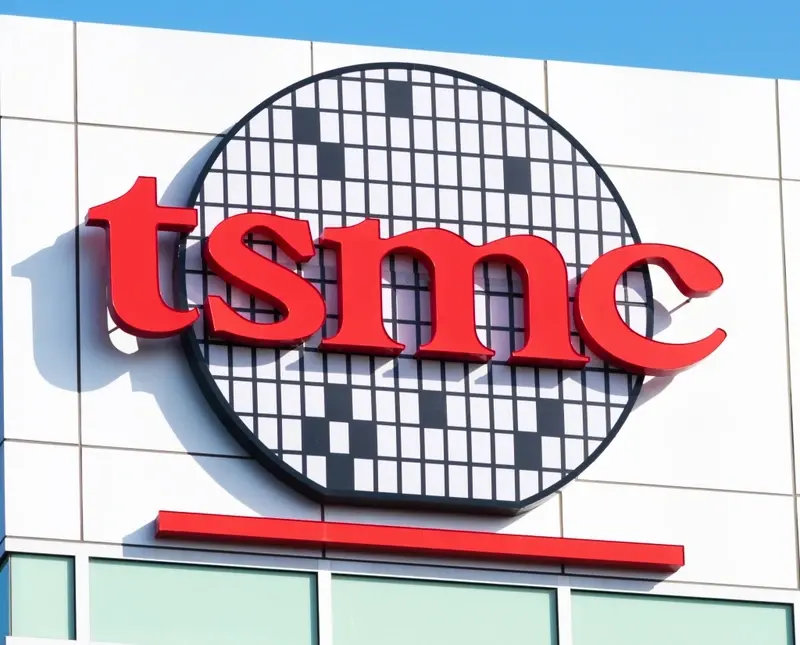
- TSMC stock has fallen 23% since mid-July
- $88 billion wiped off market cap in five volatile days
- Delays temporary, demand remains ‘strong’
In five volatile days, the world’s biggest contract chip manufacturer has seen roughly $88 billion wiped off its market cap. The New York-listed stock of TSMC (TSM:NYSE) has fallen from about $166 on the last day of July, to barely $147 today, based on pre-market data.
The plunge tots-up to 23% if we go back to its recent peak of $191 (10 Jul).
An increased threat of recession hitting the US economy as the Fed sits on its hands, and reports of delays in Nvidia’s (NVDA:NASDAQ) advanced artificial intelligence chips have helped do the damage, but the fall has gone too far, say analysts, and the chipmaker’s outlook remains strong.
So says Citibank in a note to clients following steep losses on Monday (5 Aug) after media reports said Nvidia’s Blackwell AI chips will be delayed by three months or more due to design flaws. ‘Such a scenario presents pressure on TSMC’s earnings, given that Nvidia is a major client for the contract chipmaker’, Citibank says.
Yet Citi states that overall demand for chips from the AI industry still remains firm, and that initial technical issues will be temporary, given that the technology is new.
TSMC BACKED BY STRONG DEMAND
‘We believe TSMC’s solid earnings growth remains intact. Other than robust AI GPU (graphics processing units)/accelerator demand, we expect its order momentum from CPU (central processing units), smartphone SoC (system-on-chip) based on advanced nodes are also intact’, Citi analysts wrote.
TSMC had clocked stronger-than-expected earnings for the second quarter and presented a strong outlook for the year amid robust demand from AI. But the firm’s stock price plummeted from record highs over the past month, as it was caught up in widespread selling pressure on the technology sector.
While TSMC’s earnings were strong, mixed reports from other tech majors in the most recent earnings season, including Microsoft (MSFT:NASDAQ), Alphabet (GOOG:NASDAQ), and Arm Holdings (ARM:NASDAQ), raised doubts over just how much of an earnings boost AI was providing.
But Citi reckons said the AI-fuelled demand outlook for Nvidia, which makes the most advanced chips in the market, remains strong.




